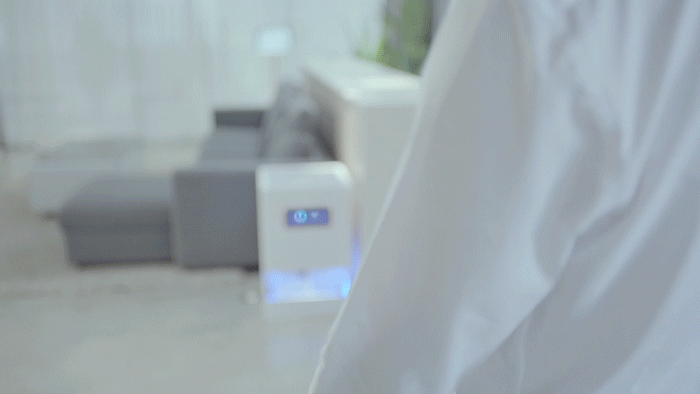Xiaomi teases over-the-air wireless charging, but it’s not coming to its devices this year - 2 minutes read

Xiaomi teases over-the-air wireless charging, but it’s not coming to its devices this the world’s third largest smartphone maker, today unveiled “Mi Air Charge Technology” that it says can deliver 5W power to multiple devices “within a radius of several metres” as the Chinese giant invited customers to a “true wireless charging era.”
The company said it has self-developed an isolated charging pile that has five phase interference antennas built-in, which can “accurately detect the location of the smartphone.”
A phase control array composed of 144 antennas transmits millimeter-wide waves directly to the phone through beamforming, the company said, adding that “in the near future” the system will also be able to work with smart watches, bracelets, and other wearable devices.
A company spokesperson said Xiaomi, which has previously introduced 80W and 120W wireless charging tech, won’t be deploying this new system to consumer products this year.
VIDEO
Here’s how the company has described the mechanics of its new tech:
On the smartphone side, Xiaomi has also developed a miniaturized antenna array with built-in “beacon antenna” and “receiving antenna array”. Beacon antenna broadcasts position information with low power consumption. The receiving antenna array composed of 14 antennas converts the millimeter wave signal emitted by the charging pile into electric energy through the rectifier circuit, to turn the sci-fi charging experience into reality.
Currently, Xiaomi remote charging technology is capable of 5-watt remote charging for a single device within a radius of several meters. Apart from that, multiple devices can also be charged at the same time (each device supports 5 watts), and even physical obstacles do not reduce the charging efficiency.
News site XDA-Developers reported on Friday that a Motorola executive also demonstrated a prototype remote charging system that appears to deliver power over the air. No word on when its tech will hit consumer devices either.
Source: TechCrunch
Powered by NewsAPI.org